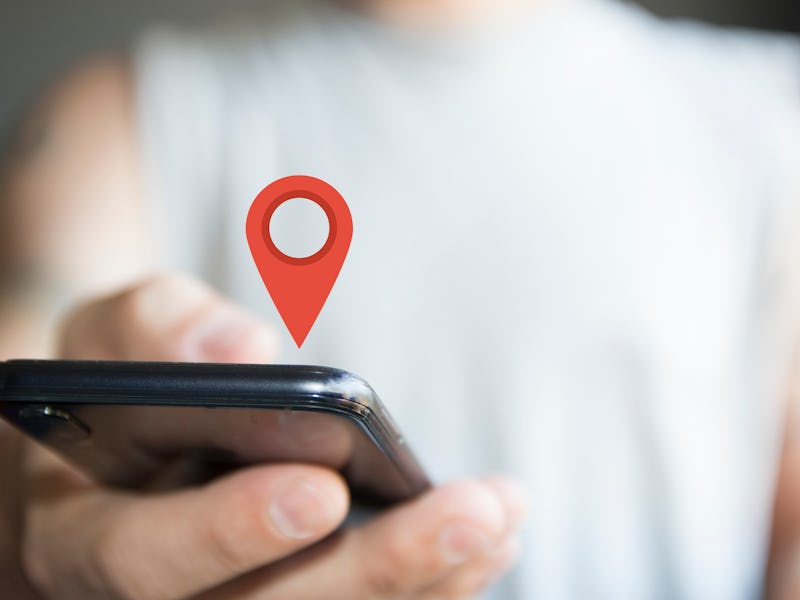Coronavirus
Big Tech and the U.S. government want to track the spread of coronavirus through your phone
Facebook, Google, and several other companies are said to be in talks about the project.

After finally experiencing a reckoning about data privacy from the federal government, the tech industry is working with the federal government to pull your phone’s location data. Facebook, Google, and several other unnamed tech companies are reportedly in “active talks” with the government and health experts about tracking the spread of coronavirus using GPS data, according to The Washington Post. While the concept could help health experts better understand the transmission process of COVID-19, this level of access sets a dangerous precedent for both the tech industry and the government.
What if Trump knew where you were all the time? — Several of The Post’s sources were adamant that if the plan goes forward, they would not create a database for the government. But as the stock market tumbles and the Trump administration fumbles its response to this crisis, life will likely become more restrictive. Handing over this kind of information now could mean we never get this slice of privacy back. Al Gidari, the director of privacy at Stanford Law School’s Center for Internet and Society, put it best last week:
Israel already authorized the Shin Bet security agency on Sunday to gather information on local coronavirus patients. AP also reported Taiwan’s technological snooping, the only other country (publicly) doing so, seems limited to making sure people don’t break quarantine. California officials are interested in the tracking technology for similar reasons as Taiwan.
There are no guarantees — Even if the project goes forward, it’s not without its roadblocks. Developing a complementary system of digital data with quick access compared to the analog nature of data coming from hospitals and cities. Facebook’s Laura McGorman, who is leading the task force told The Post: “It is very humbling because we have one piece of the puzzle that we can offer but there are so many other inputs in understanding how disease will spread.”